On September 25, the National Assembly Standing Committee gave opinions on the draft Law on Teachers, which includes regulations on salary and benefits policies for teachers.
Teachers' salaries should be ranked highest in the administrative career group.
Presenting the Government's report, Deputy Minister of Education and Training Pham Ngoc Thuong said that one of the current shortcomings is that the policies and regimes for teachers such as salaries, allowances, preferential treatment, attraction regimes, and social honor for teachers are not really commensurate with the position and role of teachers.
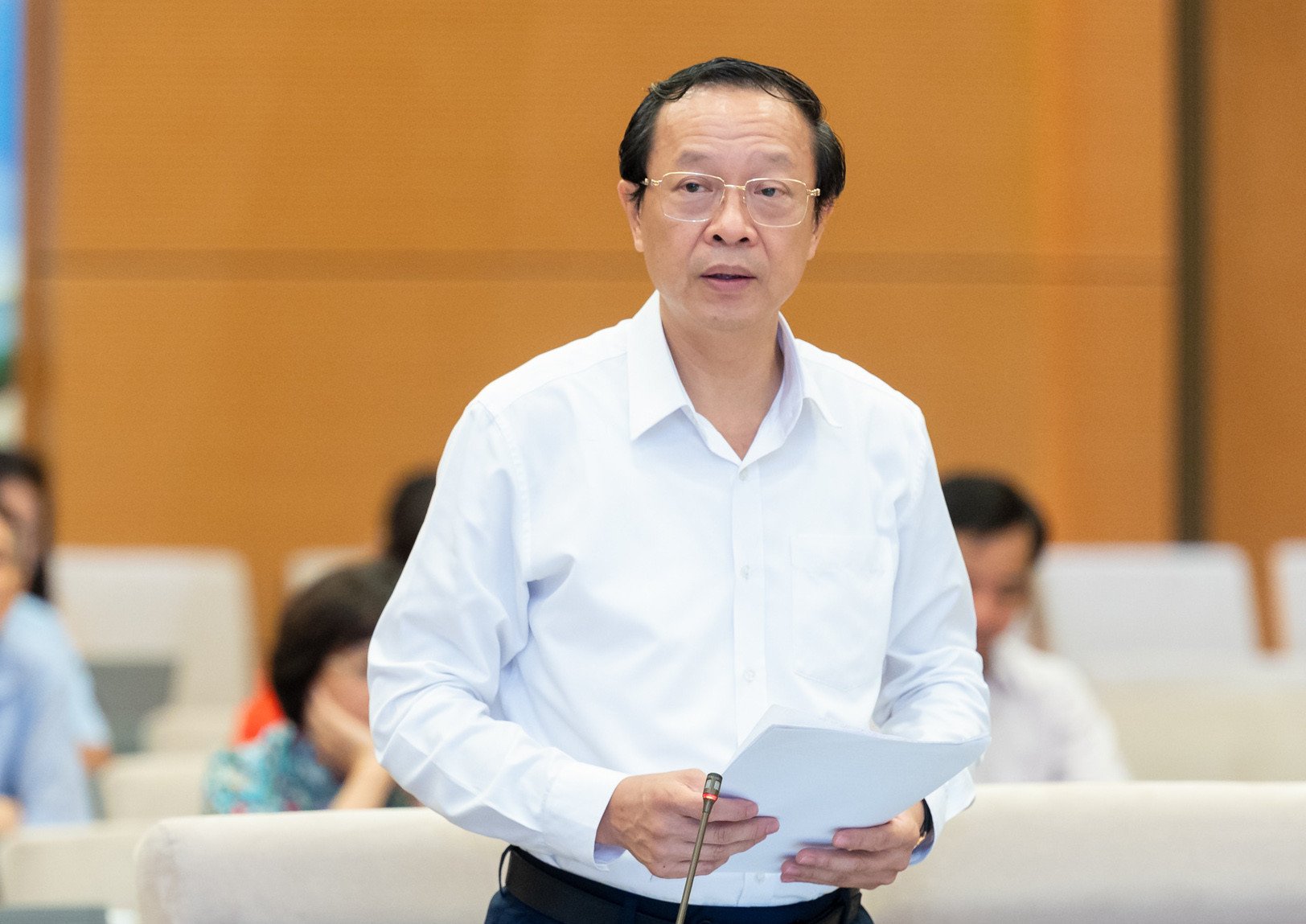
Teachers cannot make a living from their profession, and their salary is not really the main source of income to ensure their lives, especially for young teachers and preschool teachers.
This leads to a situation where teachers are not confident in their work, a large number of teachers have quit their jobs, changed jobs, especially young teachers. At the same time, this is also the reason why it is not possible to attract talented people to the teaching profession, many localities and educational institutions lack recruitment sources to supplement teachers.
Therefore, the draft Law on Teachers stipulates that “teachers’ salaries are ranked highest in the administrative career salary scale system”. Teachers are also entitled to preferential allowances and other allowances depending on the nature of the job and the region as prescribed by law.
This policy aims to help teachers feel secure in their work, contribute and develop their careers; attract, employ and give preferential treatment to talented people to become teachers; attract teachers to work and work long-term in the education sector, especially in disadvantaged areas...
Examining this content, Chairman of the Committee for Culture and Education Nguyen Dac Vinh said that the institutionalization of this salary policy needs to be consistent with the context of implementing salary reform; avoiding the understanding that there will be a separate salary scale and table for teachers.
The review agency also noted that it is necessary to assess the impact and identify the groups of teachers who benefit from support policies and policies to attract and employ them.
“There are suggestions that support and attraction policies should be reviewed to avoid duplication or omission of subjects; policies should be added to attract people with excellent academic performance to study pedagogy, and excellent students should be retained at school to become university lecturers,” Mr. Vinh noted.
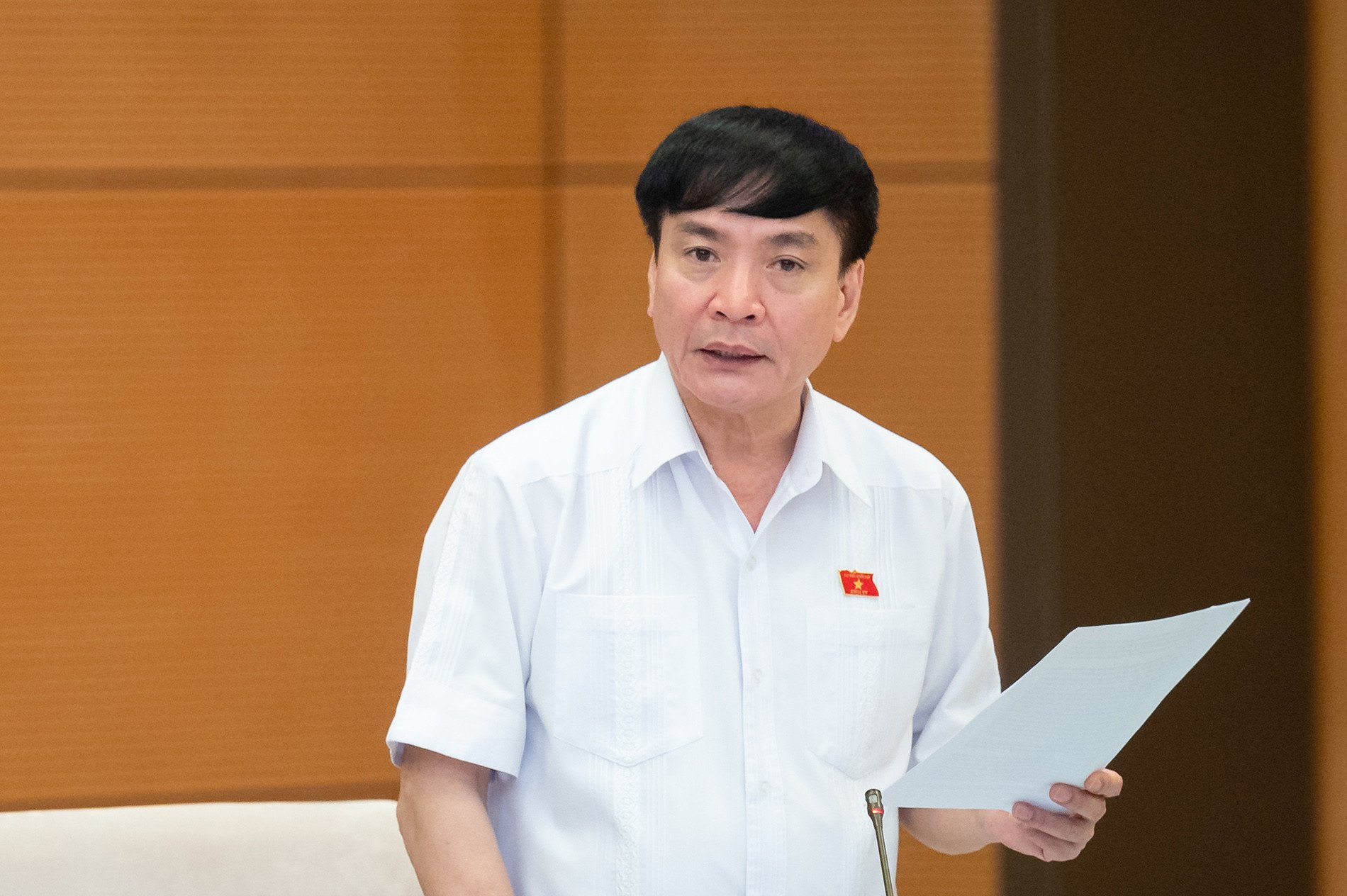
Secretary General of the National Assembly Bui Van Cuong agreed with the development of regulations on salary and benefits policies for teachers to concretize the Party's policy.
Considering that salary reform for teachers is very difficult and complicated, Mr. Cuong suggested that it is necessary to research and review to be more flexible in implementation.
In particular, the draft Law can be studied in the direction of having a preferential treatment regime for teachers, attracting talented people in the education sector, avoiding the situation of "living long to become a veteran", while those who are good at education later do not have incentive policies.
Everything is needed... but everything is already there
Giving general comments on the bill, Vice Chairman of the National Assembly Nguyen Khac Dinh said that "the issue of teachers is a very big and important issue". The Law on Cadres and Civil Servants; the Law on Public Employees; the Labor Code,... already have regulations related to teachers.
"Looking back at the specific provisions in this ( draft Law - PV ), every provision is necessary but every provision is already there, there are some contents that are not yet there and are contradictory," the Vice Chairman of the National Assembly acknowledged.
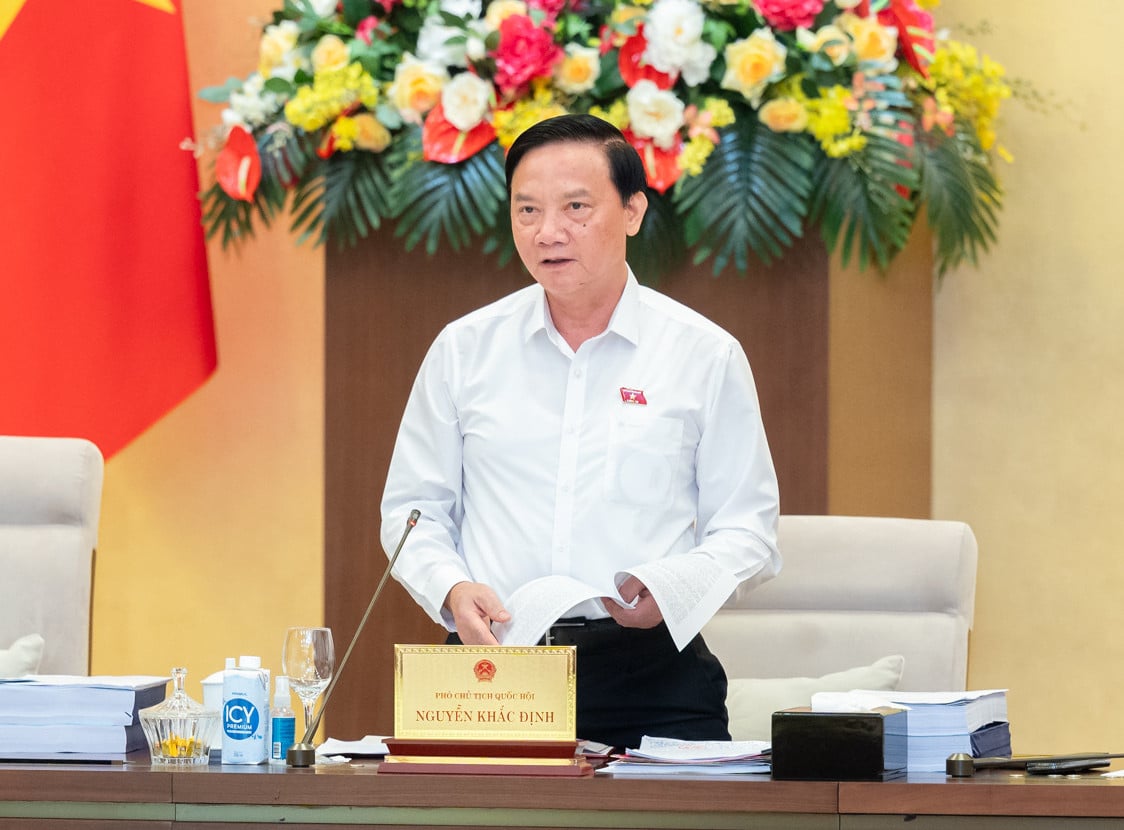
Mr. Nguyen Khac Dinh said that the Institute of Legislative Studies consulted with legal experts to review how many countries have a Law on Teachers. The current data is not official but very little.
"There are separate laws on education, there are laws on university education, there are many legal documents in the field of education, but the data currently provided to me about separate laws on teachers is very little," Mr. Dinh cited and suggested that the drafting agency conduct a comprehensive study.
The Vice Chairman of the National Assembly emphasized that if it is necessary to build a separate law on teachers, then consider what content to include in this law, do not take on too much and certainly cannot make regulations contrary to the current legal system.
National Assembly Chairman Tran Thanh Man also noted that if laws are enacted, they must avoid overlap and contradiction, ensure compatibility and consistency in the legal system, and need to be concise.
“This is a completely new law, so we need to see what mechanisms, policies, and regulations the National Assembly issues, including the public and private sectors, and the groups of subjects so that we can have completely new regulations, not overlapping with other laws,” the National Assembly Chairman noted.
In particular, the draft law is built in the direction of what policies and regulations need to be issued in addition to the Law on Education, Law on Higher Education, Law on Vocational Education, etc., without including detailed contents from circulars and decrees in the law, which is long but unnecessary.
"The drafting of this law must be approached cautiously and consistently, especially ensuring quality and policy breakthroughs without breaking the structure of the current legal system," the National Assembly Chairman requested.
Explaining later, Deputy Minister of Education and Training Pham Ngoc Thuong said that there are some countries that have enacted the Law on Teachers such as China, Thailand, Indonesia, Philippines...
“I propose to the National Assembly Chairman, Vice Chairmen and delegates that it is necessary to promulgate this law. During the law-making process, the drafting committee will take into account all comments and suggestions,” said the Deputy Minister of Education and Training.
Concluding this content, Vice Chairwoman of the National Assembly Nguyen Thi Thanh requested the drafting committee to review and, together with the Ministry of Justice and the Ministry of Home Affairs, research to develop legislative techniques to ensure consistency and to solve the problem of "developing a team of teachers that meet requirements".
This content will be reported at the National Assembly Standing Committee meeting in early October to decide whether to include it in the upcoming National Assembly session or not.
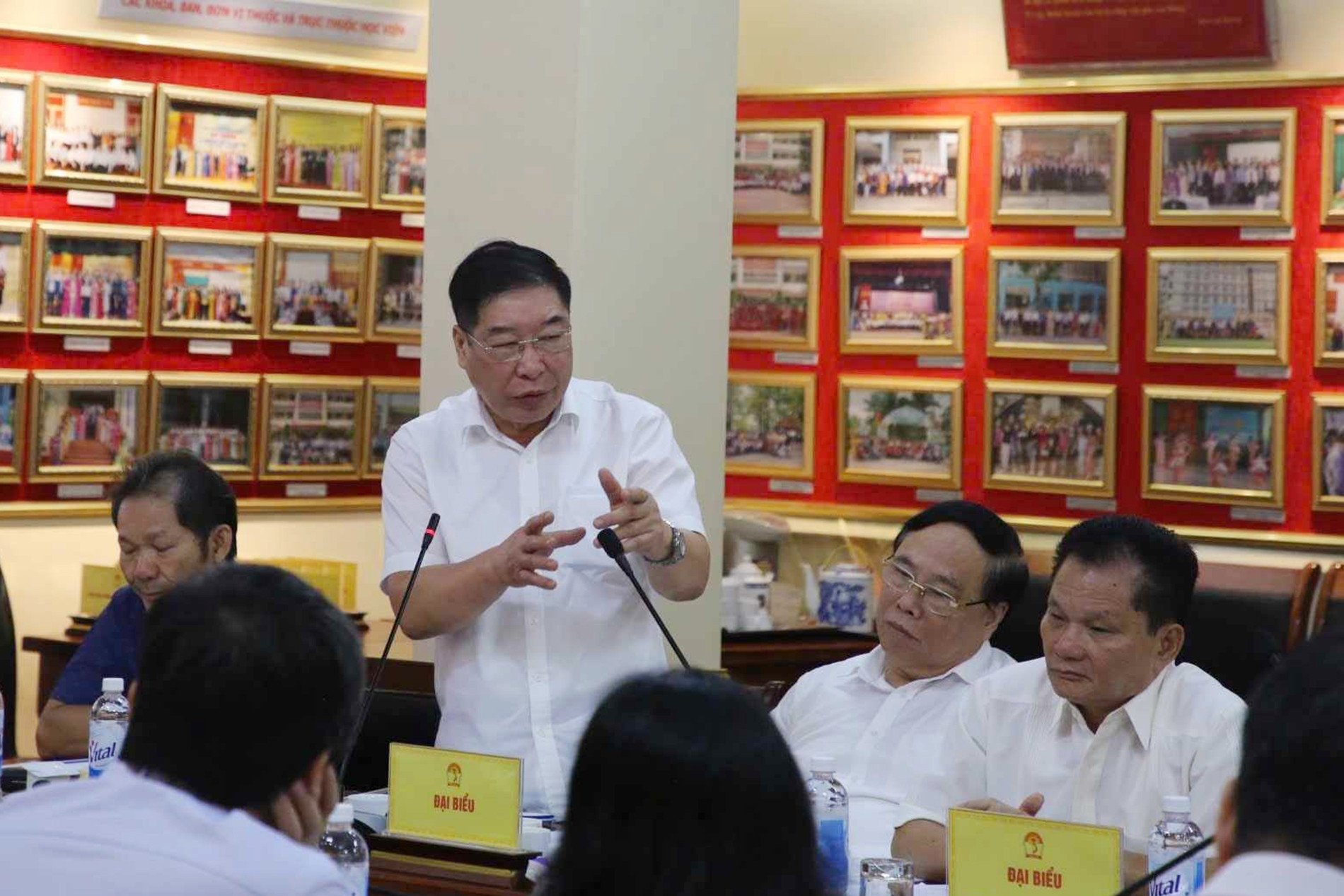
'If teachers are removed from public service, it will be a huge loss'
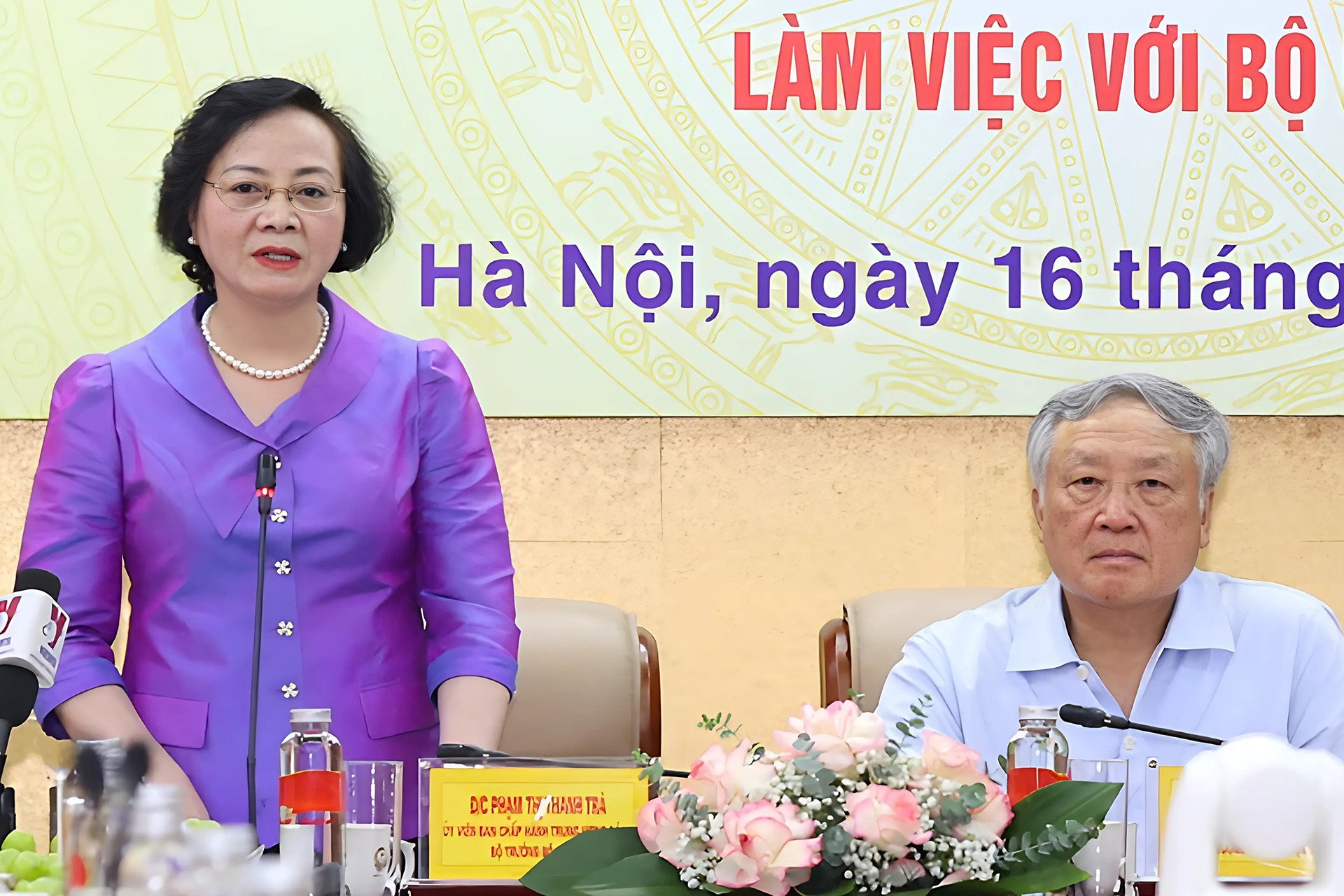
More than 7,000 civil servants may be converted into contract civil servants
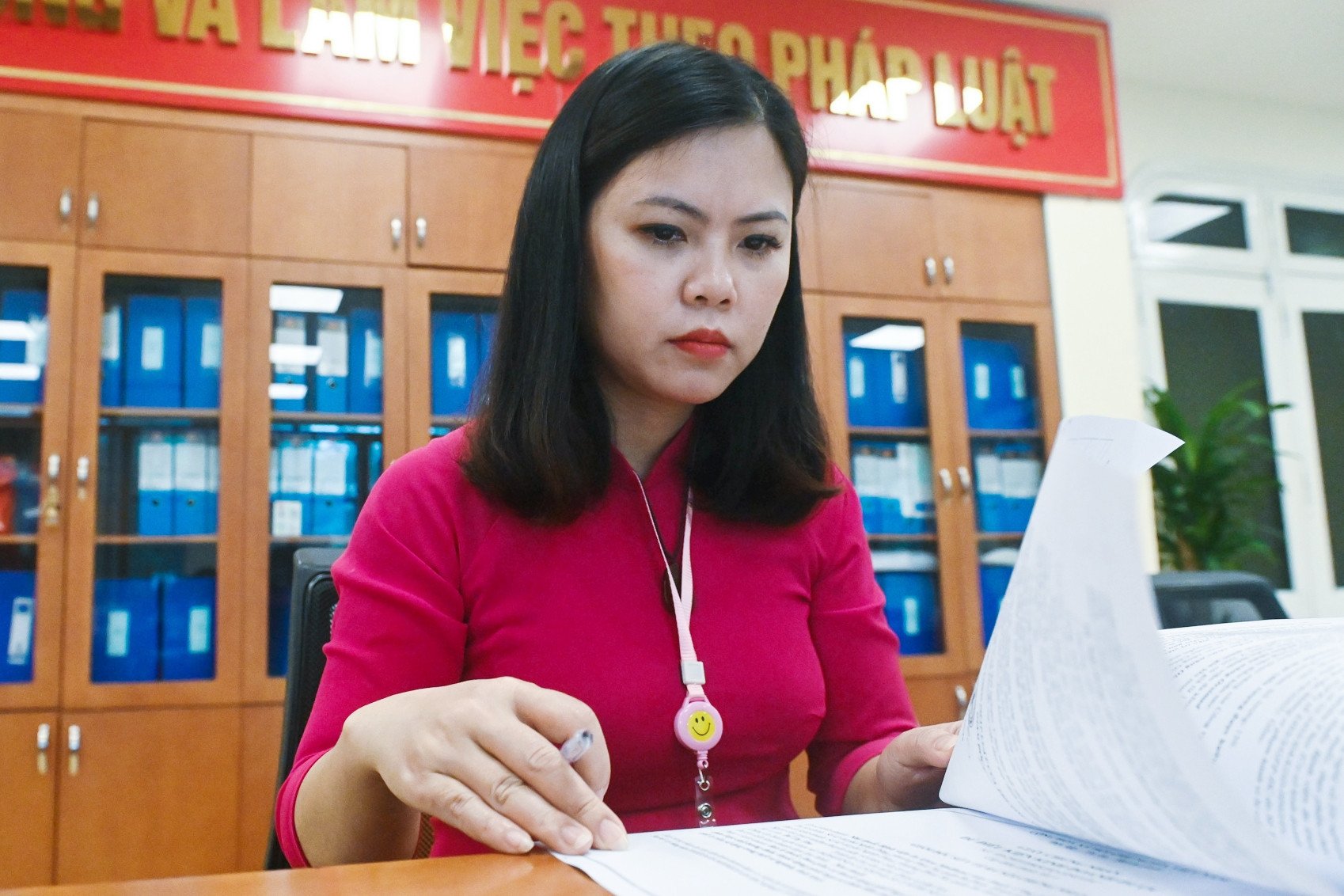
Ministry of Home Affairs guides on how to calculate new salaries and allowances for cadres, civil servants and public employees
Source: https://vietnamnet.vn/can-co-che-dai-ngo-tang-luong-giao-vien-tranh-song-lau-len-lao-lang-2325832.html


![[Photo] Relatives of victims of the earthquake in Myanmar were moved and grateful to the rescue team of the Vietnamese Ministry of National Defense.](https://vstatic.vietnam.vn/vietnam/resource/IMAGE/2025/4/2/aa6a37e9b59543dfb0ddc7f44162a7a7)
![[Photo] Third meeting of the Organizing Subcommittee serving the 14th National Party Congress](https://vstatic.vietnam.vn/vietnam/resource/IMAGE/2025/4/2/3f342a185e714df58aad8c0fc08e4af2)




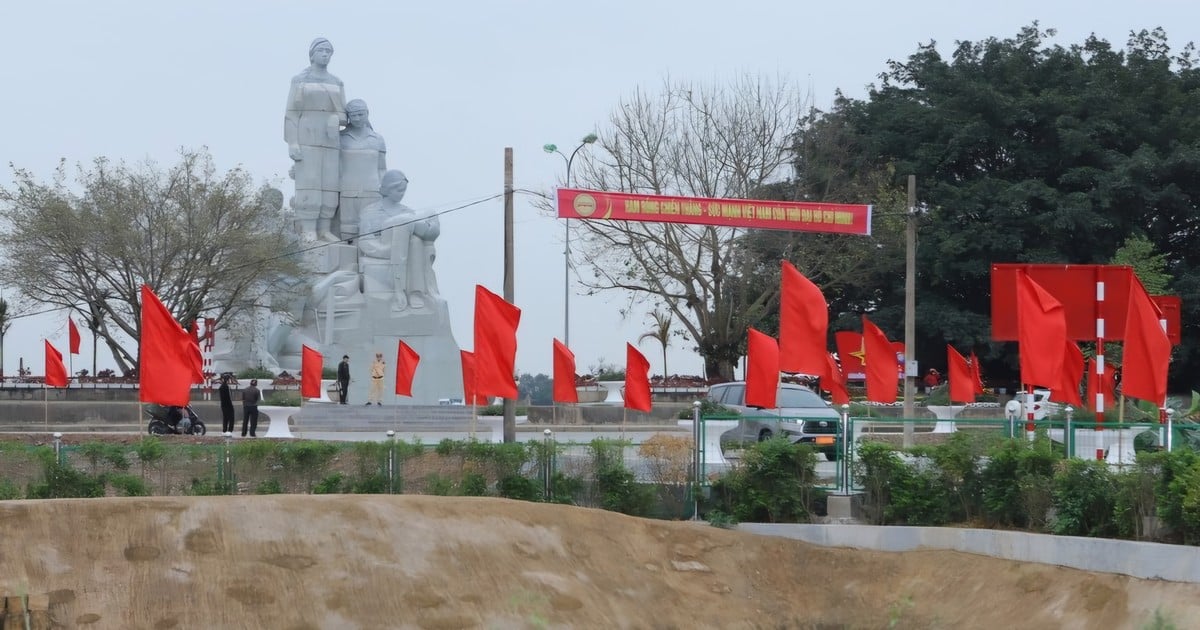

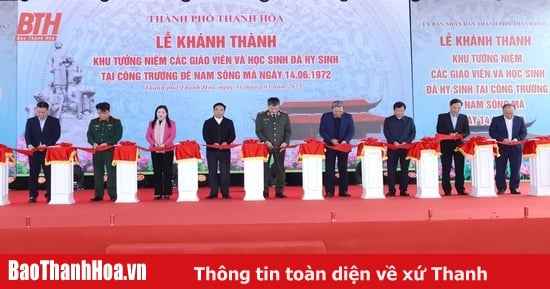

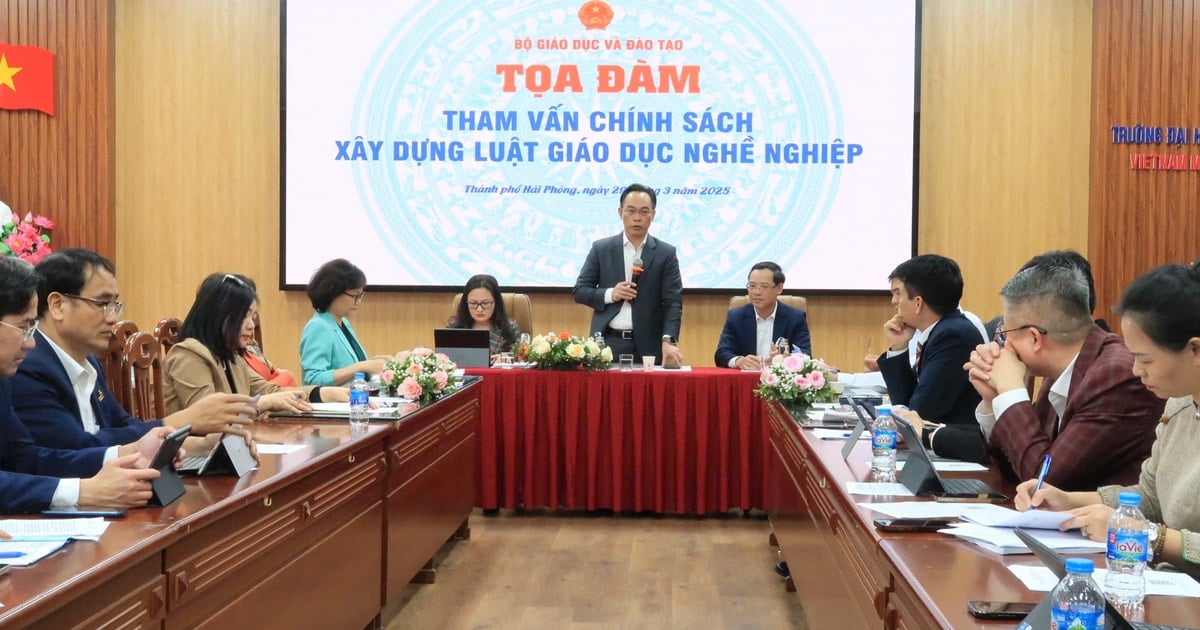

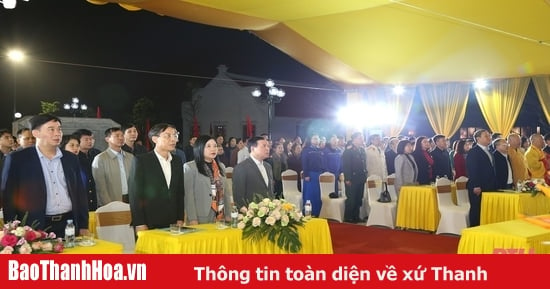
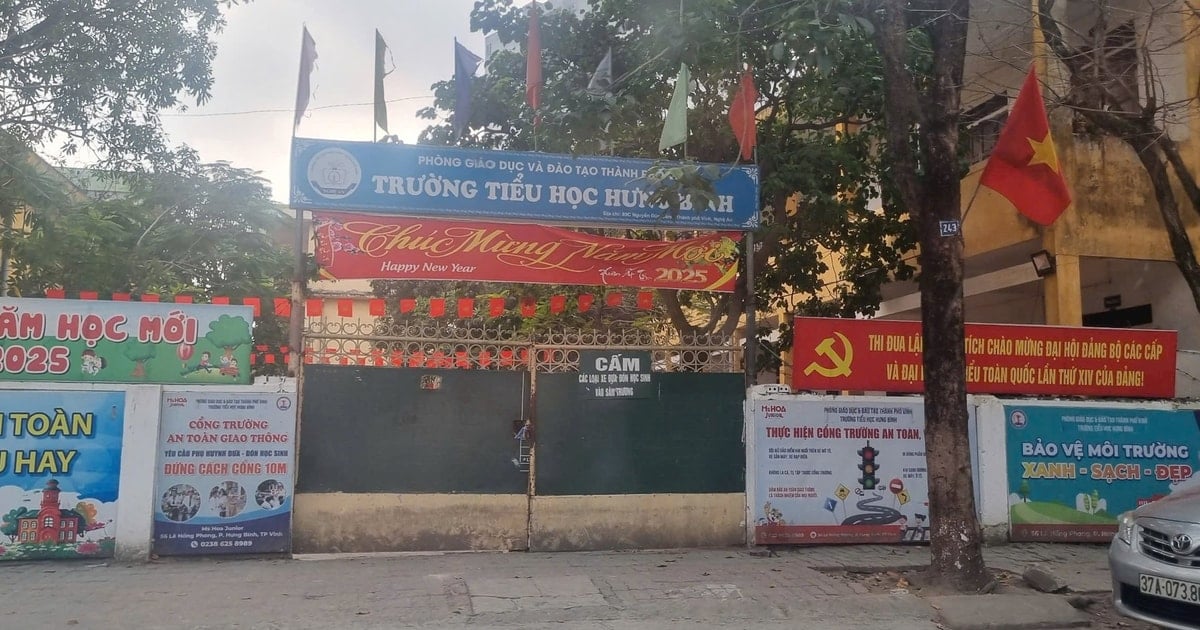
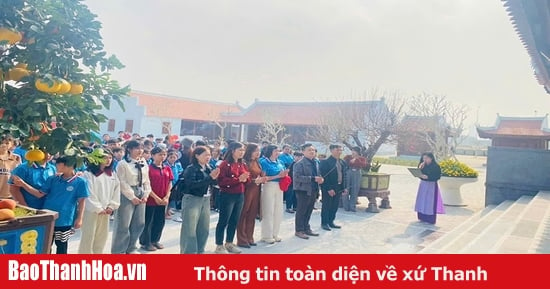
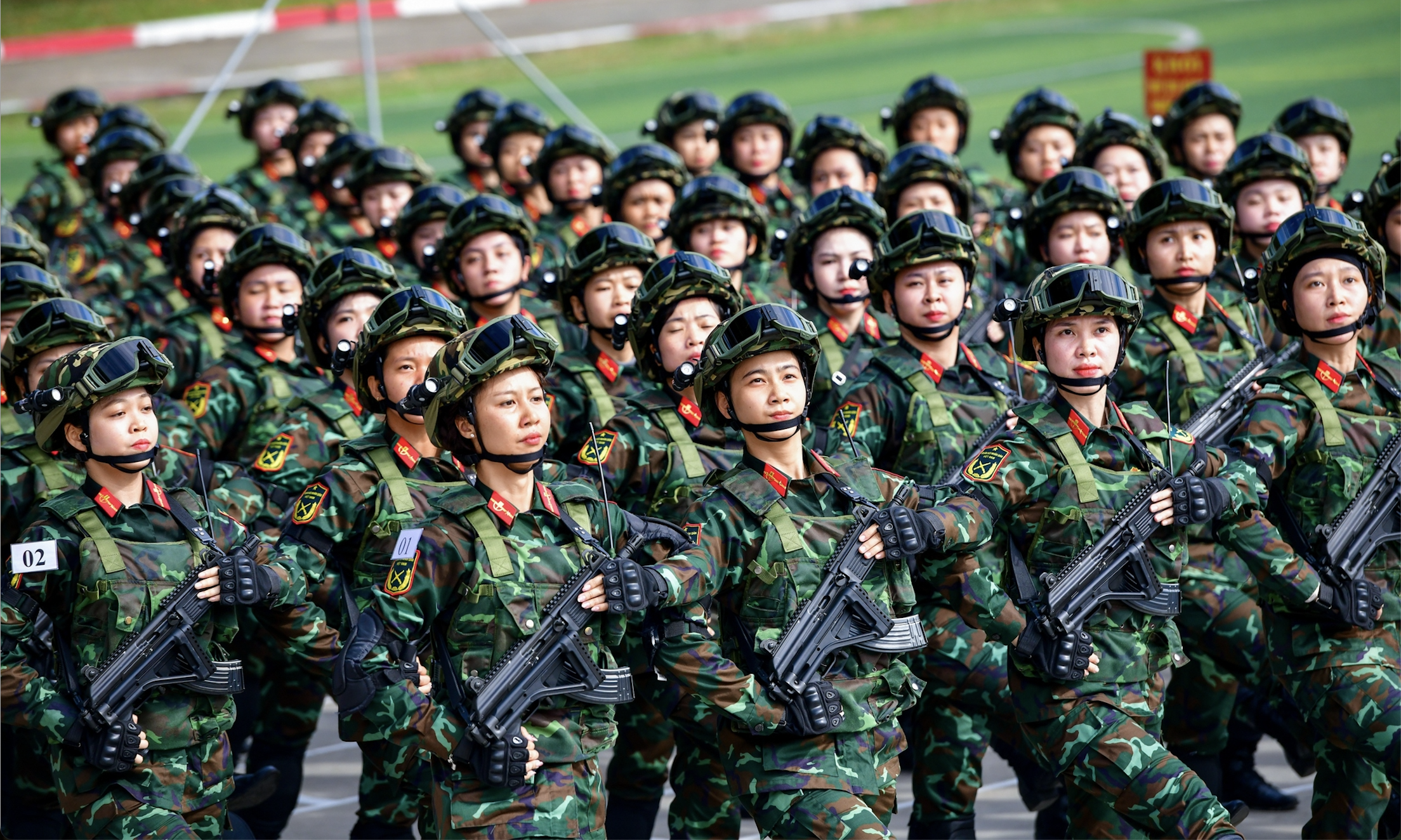









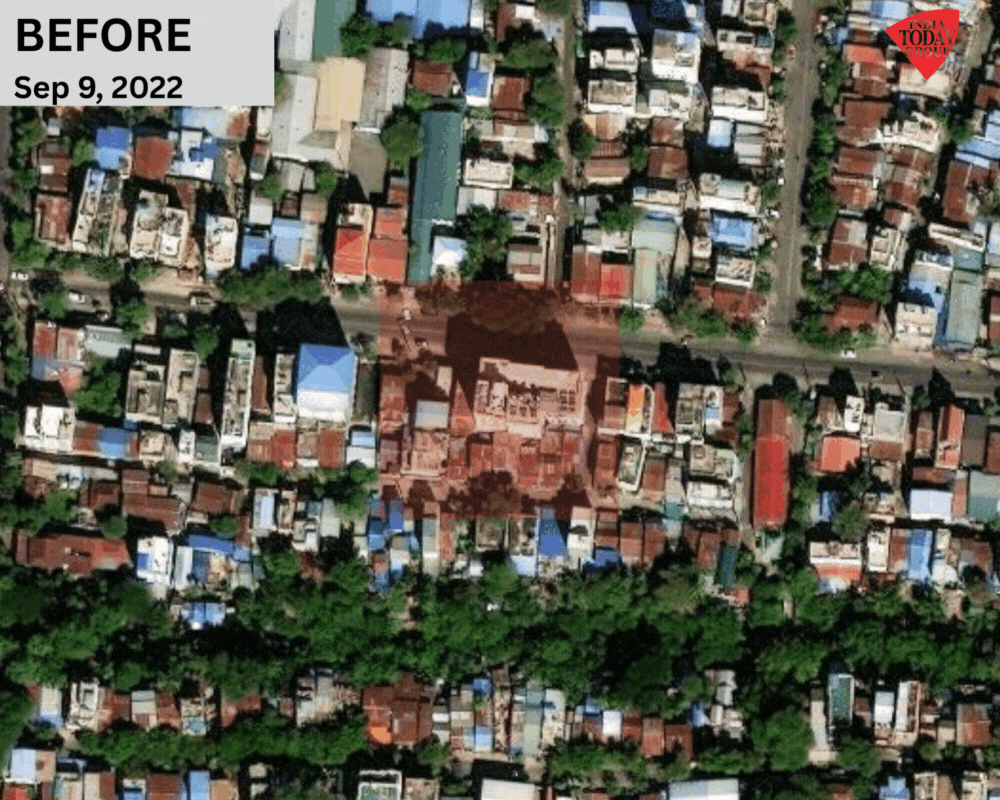
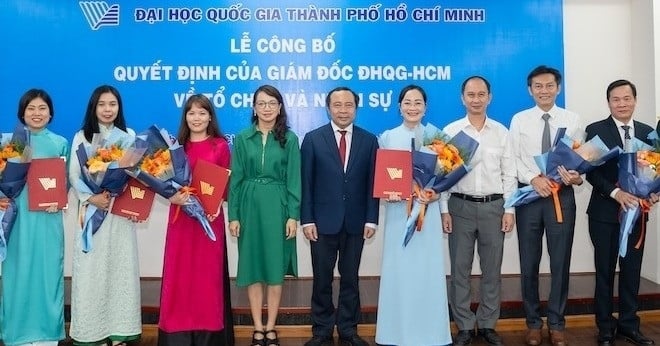



































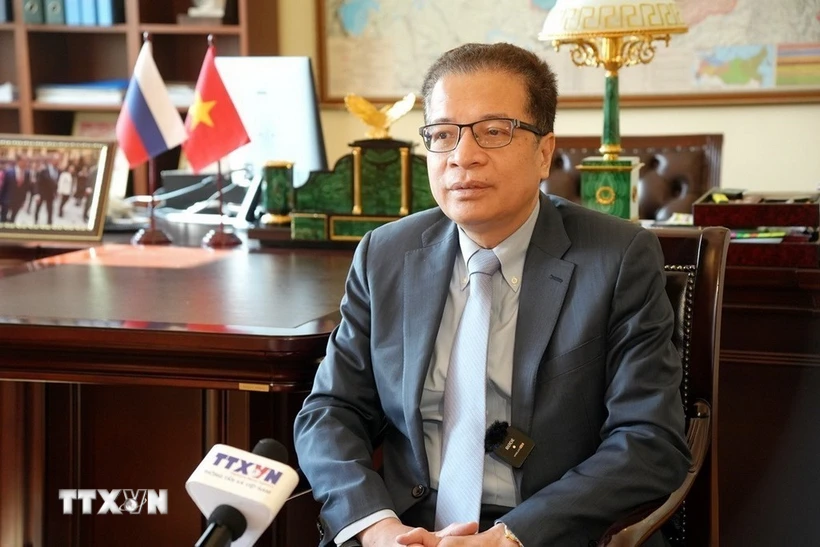
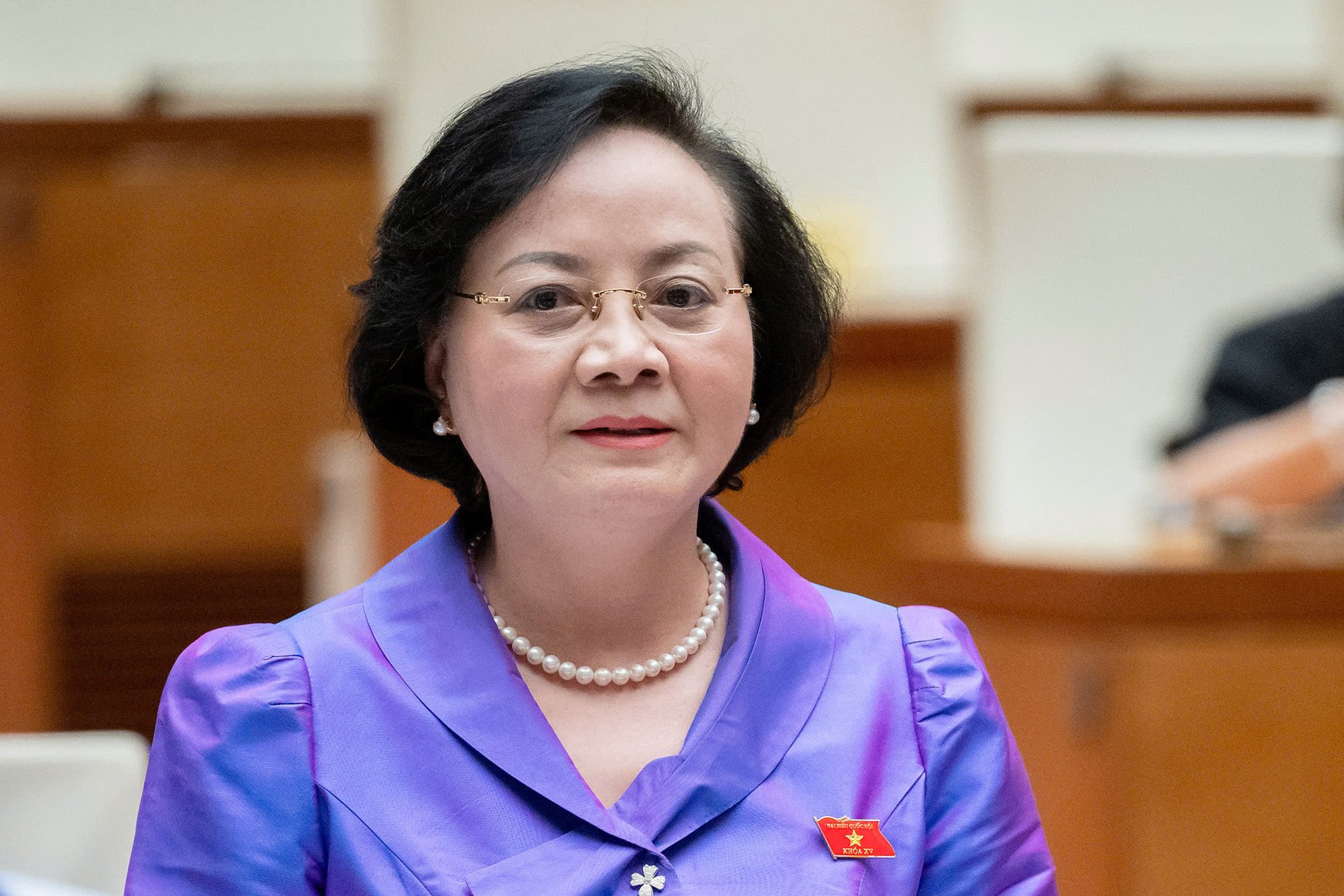










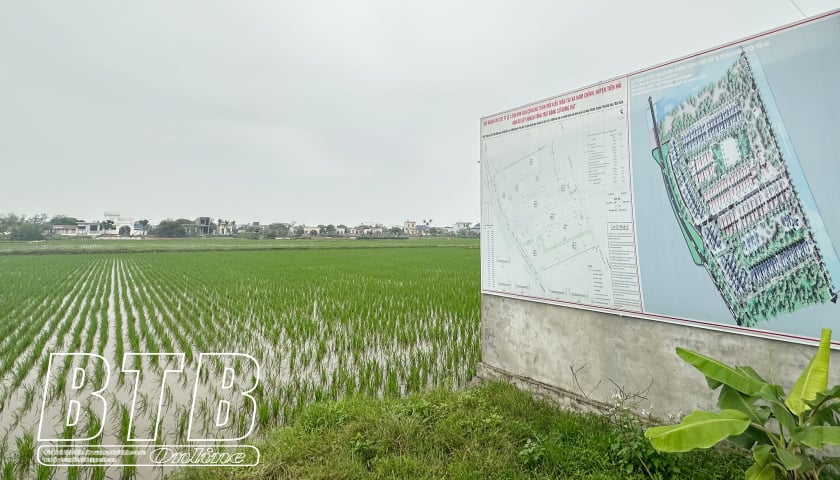
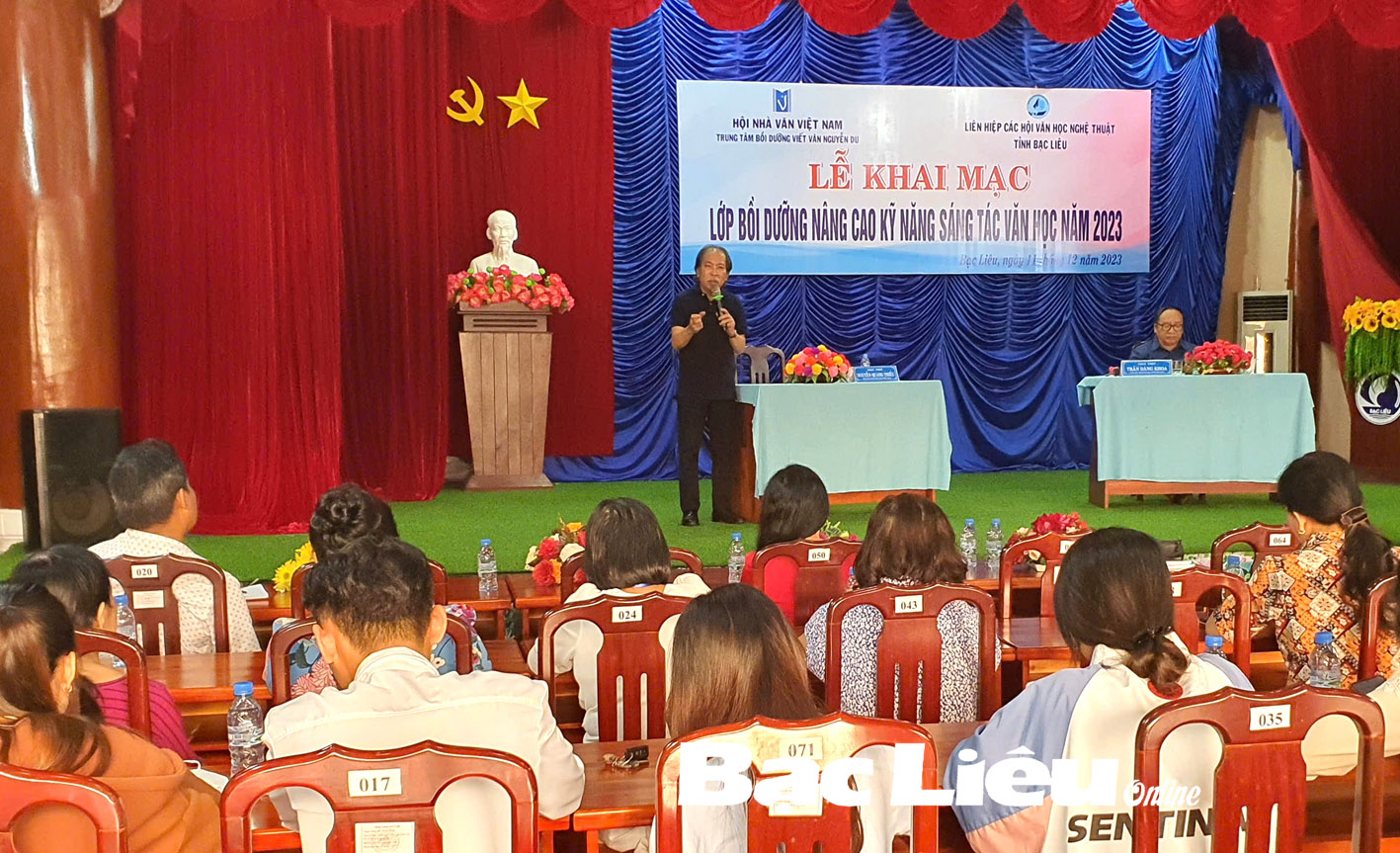
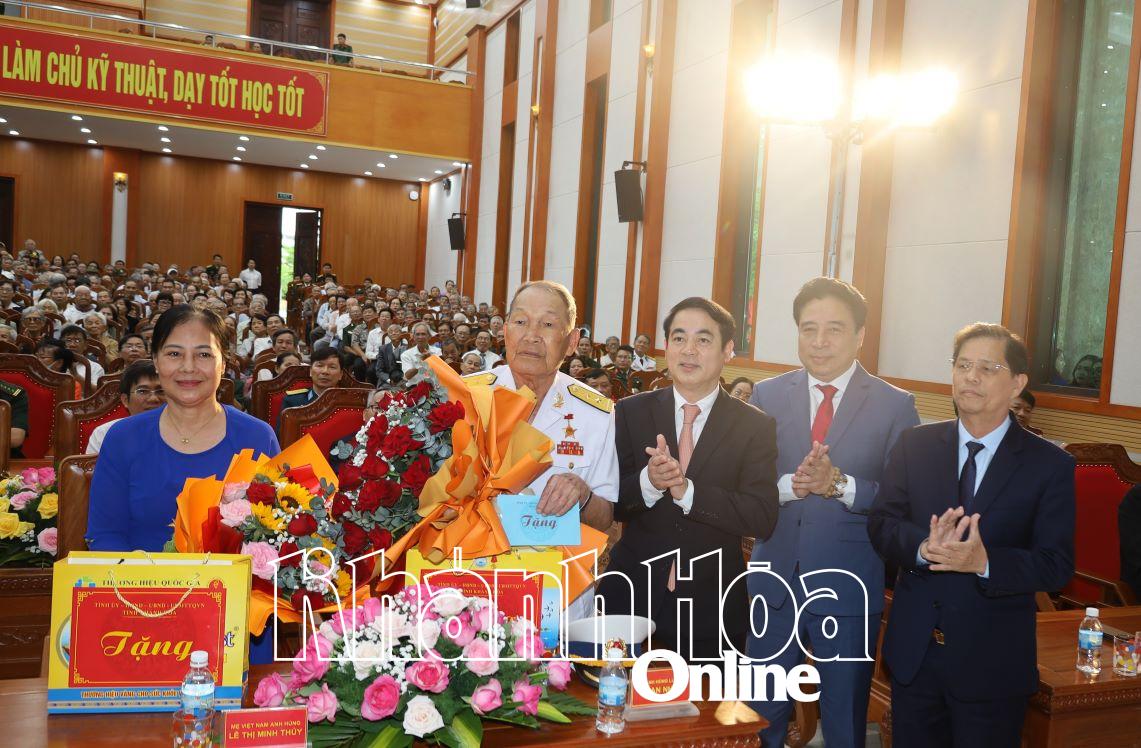














Comment (0)